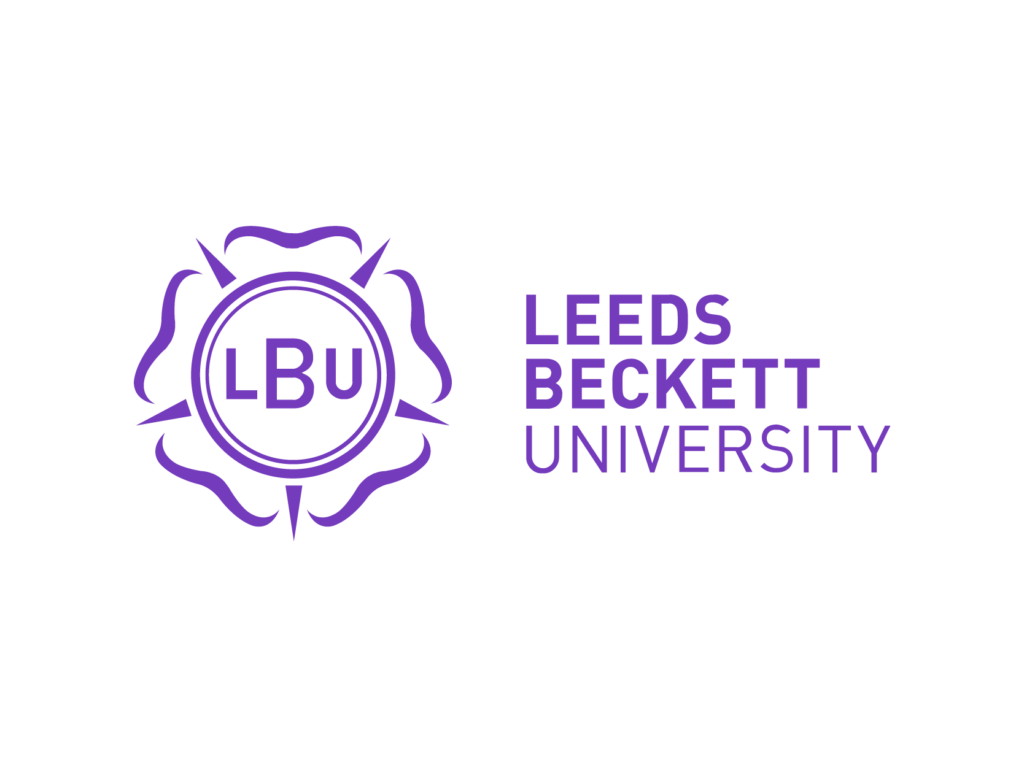Leeds Beckett University (LBU) is one of The Times Higher’s World top 250 “young” universities. Founded in 1970 through the amalgamation of a series of professional training colleges established to support the Leeds economy, culture and society, LBU specialises in applied research and is ranked as one of the UK’s top 25 universities for the volume of contract research it generates. Key specialisms are outlined below.
Health psychology
Georgina Jones is a Professor of Health Psychology in Leeds School of Social Sciences. Her research focuses on quality of life measurement, psychometrics, decision-making and questionnaire development, with a special focus on women’s health.
Professor Jones is currently leading the Cancer, Fertility and Me, a three-year study funded by Yorkshire Cancer Research. It aims to develop a patient decision aid (ptDA) for teenage and adult women of child bearing age, diagnosed with any cancer, who need to consider ways to protect their fertility before starting cancer treatment.
She is also leading a large international study concerned with developing a new questionnaire to measure the burden of treatment for patients living with a primary immunodeficiency.
She is currently co-applicant on several other high-profile studies funded by the National Institute for Health Research (NIHR), the Health Technology Assessment and the Medical Research Council.
Community Health
Jane South is Professor of Healthy Communities in the School of Health and Community Studies working in the field of volunteering, active citizenship and community health.
She has a national and international reputation for her research on lay health workers and volunteer roles in health. Jane has a long-standing interest in community engagement and is currently on secondment to Public Health England as an expert advisor on community-centred approaches for health and wellbeing.
Committed to promoting equity in health, Jane has worked to establish CommUNIty – a community-campus partnership for health initiative to strengthen links between the Institute for Health and Wellbeing and local communities.
Jane has been Principal Investigator on two NIHR-funded studies and led a national evaluation of the Department of Health’s Health and Social Care Volunteering Fund. More recently she has completed reviews for the National Institute for Health and Care Excellence (NICE) on community engagement and undertaken a study of volunteers at Glasgow 2014 Commonwealth Games.
Transforming attitudes towards obesity
The UK currently ranks as the country with the highest level of obesity in Europe, with more than 1 in 4 (28.1%) adults obese and nearly two out of three (63.4%) overweight. Over the next 20 years, the number of obese adults in the country is forecast to soar to 26 million people[1].
Professor Paul Gately has dedicated over two decades of work to reshaping attitudes to this as one of the biggest health issues of our time. An influential figure in campaigning to end the stigma surrounding obesity, Paul balances his academic role with running MoreLife, a specialist weight management training and services provider he founded at the university in 1999.
“Obesity is a very ‘talked about’ issue but research is limited,” said Paul. “It’s crucial to recognise the wide-ranging determinants of this health issue. Our work on this at Leeds Beckett University involves around 35 academics from various disciplines, including arts, health and the built environment.”
Paul has used his own innovative research into obesity ranging from the environmental influences on obesity, to the impact of high protein diets on obese children. This has enabled him to grow MoreLife into one of the largest providers for tackling childhood and adult obesity in Britain.
New research into low calorie diet programme
Obesity is closely linked to diet. Louisa Ells, Professor of Obesity within the Applied Obesity Research Centre (AORC) at Leeds Beckett University, is leading a £1.5million evaluation of the new NHS Low Calorie Diet Programme. This aims to provide targeted support to adults living with obesity and type 2 diabetes.
Professor Ells explained: “Recent studies have shown that for some people who live with obesity and type 2 diabetes, a low calorie diet can help them lose weight, reduce their risk of heart disease, and put their diabetes into remission.
“Given the higher morbidity and mortality associated with COVID-19 infection observed in patients living with obesity and diabetes, there is increased national urgency to support these people.”
Reducing health inequalities
These and many other health issues are linked to wider determinants. This is where work, such as that of Professor Maria Maynard to transform health inequalities, importantly links in.
A Reader in Public Health Nutrition in the School of Clinical and Applied Sciences, Professor Maynard has conducted ground-breaking research that helps to level the health playing field for migrant communities. Her work is now moving forward to focus on the wider determinants of health, such as people’s environment and access to healthy food.
“If we address the health issues amongst those at greatest risk, that has the biggest impact on dealing with that inequality,” said Professor Maynard. “In turn, that improves health for all because, for example, there are more resources available for everyone.”
Researching across life’s span
Leeds Beckett University’s health-related research covers life’s full span.
For children and young people, Professor Damien Page from the School of Education, has pioneered mental health interventions in schools here in Leeds and around the world.
Leeds Beckett University’s award-winning Minds Ahead social enterprise aspires for UK schools to be world leaders in mental health. It helps reduce stigma through open discussion and training across the whole school community.
“The pandemic has clearly exacerbated the need for this kind of support and especially for children in deprived areas,” said Professor Page. “We are now looking to further our research and strengthen our international collaborations.”
Focusing on the other end of life, Director of the Centre for Dementia Research Professor Claire Surr is leading internationally recognised academic research into dementia care at home.
Dementia is the leading cause of disability in older age. It causes more deaths per year in the UK than cancer, cardiovascular disease or stroke, and yet receives only a small amount of research funding. Our health and social care services are also chronically underfunded and are struggling to provide good care for people with dementia.
Image of carer with elderly man
Professor Surr’s research is studying an approach called Dementia Care Mapping to help care home staff provide better care, and the most effective approaches to dementia training and education for the health and social care workforce.
Recognising the significant pressure families are under because of the pandemic, the Centre is offering free training resources to help those caring for or supporting people with dementia.
“Many services have staff who are either new or have not worked regularly with people with dementia before,” she said. “Meanwhile families are unable to access many of the community support groups and services they could previously. Care workers and families’ carers need knowledge and skills around how to support the often complex needs of people with dementia.”
Doing business locally
On a broader note, the University plays a strong role in sustainable procurement, aiming to benefit local companies and therefore the local economy wherever possible. When buying supplies and services, it considers aspects such as the physical environment, ethics, diversity and inclusion and skills.
Peter Slee, Vice-Chancellor, Leeds Beckett University, said: “The pandemic’s disproportionate impact on the elderly and the disadvantaged in our society demonstrates the critical importance of a joined-up health service. The Leeds Academic Health Partnership provides a unique link between our universities, and the healthcare and industry sectors across the city. It opens up important opportunities to deploy our world-leading and internationally excellent research for the benefit of people in Leeds.
“It reinforces our position as a strong, regional university always focused on having the biggest societal impact on the city and region we love.”
Dr Liz Mear, Managing Director, Leeds Academic Health Partnership said: “Having Leeds Beckett University as a core partner is already proving invaluable. We have linked their academic expertise with the city’s transformation in end-of-life and palliative care and the University is a member of our regional healthtech catalyst work.
“We are together introducing a new role within their School of Health and Community Studies to embed research into health and care clinical practice to bring practical impact for our local communities.
“We are excited at the huge potential Leeds Beckett offers as we prepare to scale and accelerate our work.”




